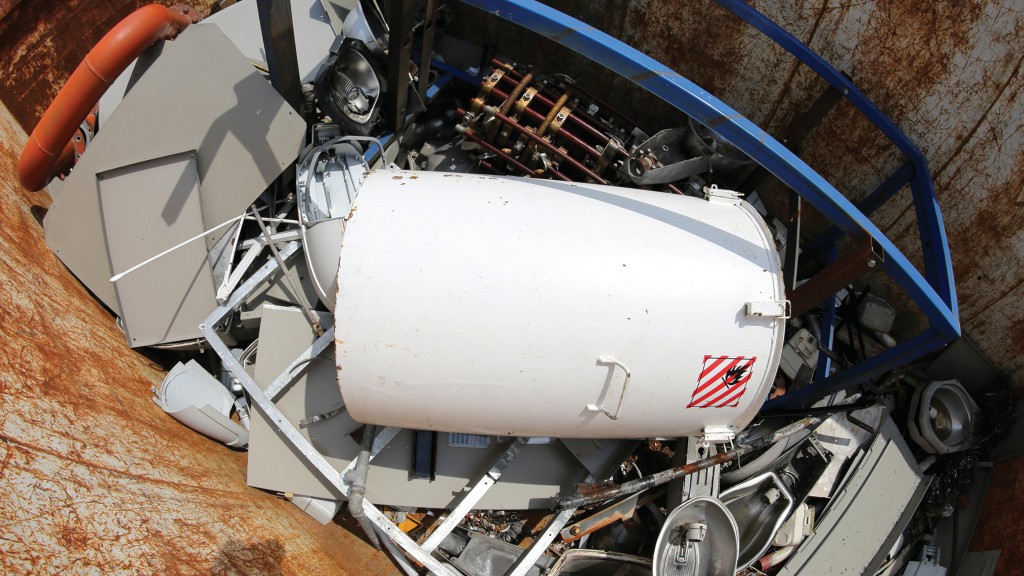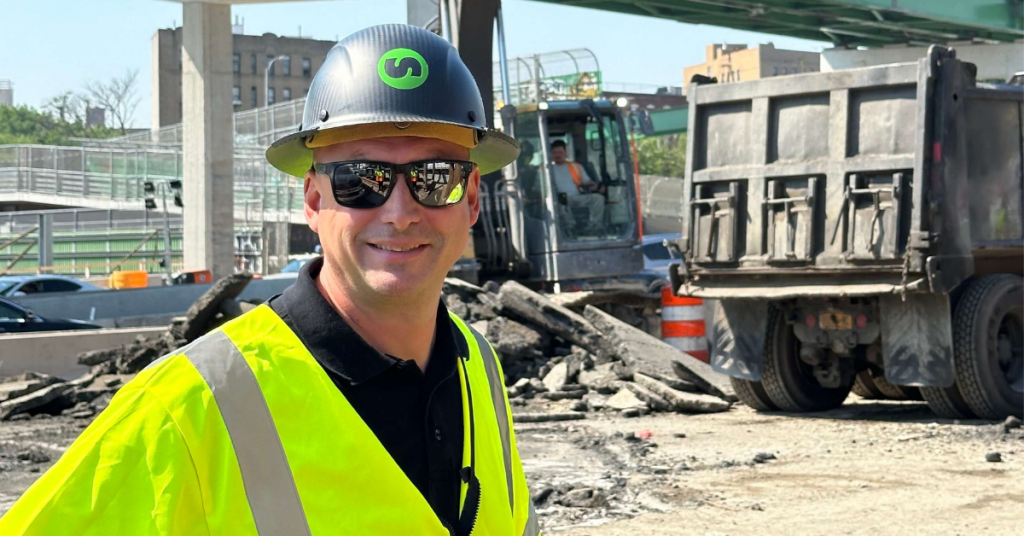Planning for fire prevention and management at the scrapyard
Nearly 350 fires reported in the North American recycling industry in 2019

Despite strong efforts by the industry, fires in scrap recycling facilities have dramatically increased in the last few years. Nearly 350 fires were reported in the recycling industry in 2019, according to the Annual Reported Waste & Recycling Facility Fires US/Can*, from Fire Rover, LLC, published in January, 2020. Estimates of total fires (including unreported fires) are as many as 1,800 fires per year, and fires resulted in 52 injuries and 5 deaths, with first responders incurring many of the injuries.
Because of this, insurance costs for recycling facilities has increased, or coverage has become more difficult to find. Recycling industry companies will most likely be seeing a 20 to 2,000 percent increase in policy premiums in the upcoming renewal cycle. The Institute of Scrap Recycling Industries (ISRI) recommends that you get out in front of this by starting a dialogue with your insurance broker soon.
The bottom line is that recycling facility owners and managers need to be mindful of best practices to prevent and respond to fires. This includes proactive measures that many in the industry are undertaking: workforce safety education, implementation of new technologies, and educating customers on what can be accepted at facilities.
To help recyclers with planning, ISRI has developed an easy-to-use guidance tool titled "Creating a Fire Prevention and Management Plan." Developed with the assistance of fire science, insurance and scrap recycling industry professionals, the hope is that the document helps business owners, operators and EHS professionals better understand and mitigate potential risks before they become bigger problems.
The document touches on three main areas:
1. Fire prevention: Control fuels and ignition sources and keep them separated. Maintain alarm and sprinkler systems that can respond automatically to incidents.
2. Incipient firefighting: In the event an incident occurs, how should you respond? A plan will help you address it efficiently, but more importantly, safely.
3. Crisis management: If all of the above efforts fail, how will you handle concerns regarding media relations, business interruption, injury claims, environmental damage and other variables?
It's important to note that this is a guidance document on how to prepare a fire prevention plan, fight incipient stage fires, and to prepare for an event requiring crisis management. The onus is still on each facility to prepare plans appropriate for their site.
ISRI would like all recyclers to be aware of this guidance document and its availability to them for free. The developers have also been presenting at ISRI chapter meetings, and are available for dedicated walk-throughs at recycling facilities to discuss a plan and point out measures that can be taken to implement best practices.
During these visits we are seeing fire safety and EHS professionals working with business owners, facility management and EHS management to review their existing fire prevention and emergency response plans, educate the local team on the elements of the ISRI fire plan, and even do a preliminary site assessment for fire risk.
Please take advantage of this educational opportunity that will help your business to gain a deeper understanding of your fire risk and how it can be mitigated. It will help you build a path to a more fire-safe environment while you create a task list that can have an immediate impact on fire prevention and fire safety in your business.
Fires are very costly in both direct and indirect costs. One of those indirect costs can be a loss of community support.
Implementing a plan like this at your business has short-term costs but long-term rewards. Those rewards include employee safety, reduced property loss, limited business interruption, and reduced insurance costs. Your plan is to stay in business. If you plan well, and manage your fire risks, the likelihood of a fire at your business is greatly diminished. ISRI is glad to help but the final outcomes are up to you. How you manage the issues at your property will drive the outcomes.
Tony Smith is safety outreach director at Institute of Scrap Recycling Industries (ISRI). Kenn Kunze is fire prevention specialist, IC Fire Prevention.
*The Annual Reported Waste & Recycling Facility Fires US/Can report is written by Ryan Fogelman, VP of Fire Protection Solutions at Fire Rover, LLC.
This article was originally published in the May/June edition of Recycling Product News, Volume 28, Number 4.
Company info
6960 Orchard Lake Road, Suite 303
West Bloomfield, MI
US, 48322
Website:
firerover.com
Phone number:
844-417-6837




